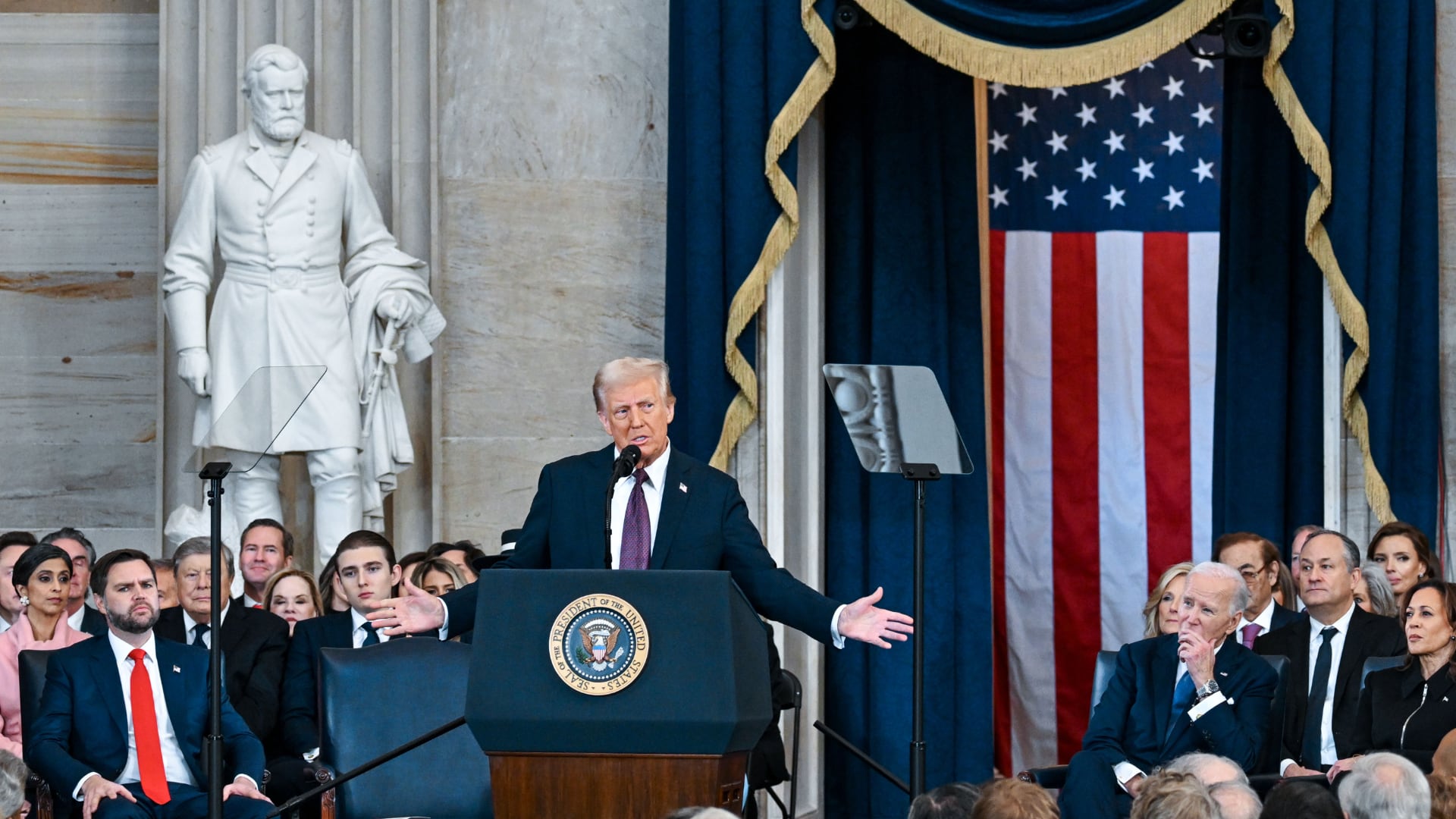In a rare show of bipartisan support, three congressmen are pushing for the TSA to check passengers' temperatures before takeoff.
The pilot program, supported by Rep. Ted Budd (R-N.C.), Rep. Ralph Norman (R-S.C.) and Rep. John Larson (D-Conn.), would require agents to screen all fliers as they go through security.
"We want to make sure that people, if they know they're going to be checked, that they stay home if they're not feeling well," Budd told Cheddar on Tuesday. "We want to increase the confidence of travelers so that we can reopen our economy. So we think it's just common sense. It makes people feel safe and it keeps them healthy."
The TSA has pushed back against the idea in the past. TSA Administrator David Pekoske said in June that temperature checks do not provide a guaranteed answer as to whether a passenger is carrying the virus.
The CDC has said that the mean time elapsed from exposure to symptom onset is about six days. Some people infected with the virus never show symptoms at all, and thus would not be flagged at a TSA temperature check.
"Of course we're concerned with that, but we want to fix what we can. We think this is part of it. It's not a comprehensive solution," Budd said, adding, "It's just common sense. It's bipartisan, and it sets a threshold."
The airline industry has been one of the hardest hit during the coronavirus pandemic. Many airlines have warned employees about widespread layoffs due to drastically decreased air travel demand.
Budd said the industry employs about 10 million people and makes up about 5 percent of the nation's GDP. He believes temperature checks will make potential travelers feel more confident about getting back on board.












